At AlManarah, we believe that every person – regardless of challenge or circumstance – has an equal right to dream, aspire, and succeed.
To make the academic dreams a reality for persons with disabilities, we have developed an innovative, inclusive, and accessible program to promote higher education.
At its core are two main tracks:
Psychometric Entrance Exam Preparation Course: Accessible, Customized, and Goal-Oriented
The psychometric exam doesn’t have to be a barrier – it can be a springboard.
Our course is specifically designed for people with disabilities, aiming to help them achieve the highest possible scores and open the doors of academia.
🔹 What does the course include?
- Identification of motivated and qualified candidates
- Personal interviews to assess needs and determine suitable accessibility formats (Braille, audio recordings, large print, transcription, etc.)
- High-quality materials developed in collaboration with a leading psychometric institute
- Ongoing pedagogical tracking – both individual and group-based – with monthly feedback
- Practice exams and score forecasting midway and at the end of the course
- Personalized support from the first lesson through exam day
All instructors undergo professional training and supervision to ensure that every participant receives the tools, accommodations, and confidence they need to succeed.
Language Courses – Hebrew and English, Eye-to-Eye
Language is the key – to education, employment, and life.
AlManarah’s language courses provide practical skills in writing, reading, and speaking – at various levels – enabling every participant to express themselves better, understand more clearly, and integrate more easily into academia and society.
📚 The courses include:
- Personal placement tests and intake interviews
- Division into levels (Beginner / Advanced)
- A personalized curriculum tailored to each participant’s needs and abilities
- Accessible learning materials as needed (Braille, transcription, enlargement, etc.)
- Ongoing individual and group support
- Evaluation tests at the midpoint and end of the course to measure progress
Our team includes experts in teaching languages to students with disabilities, ensuring that each participant feels confident, included, and on the right track.
Why Choose AlManarah?
AlManarah is more than just a nonprofit – it’s a supportive, professional, and pioneering community that puts persons with disabilities at the center.
Every course, program, and activity is built with deep awareness of on-the-ground needs, active listening to participants, and a commitment to full accessibility and excellence.
With an experienced team, a holistic approach, and close personal guidance, AlManarah is the natural choice for those seeking not just knowledge – but also empowerment, confidence, and an open door to a future of opportunity.
